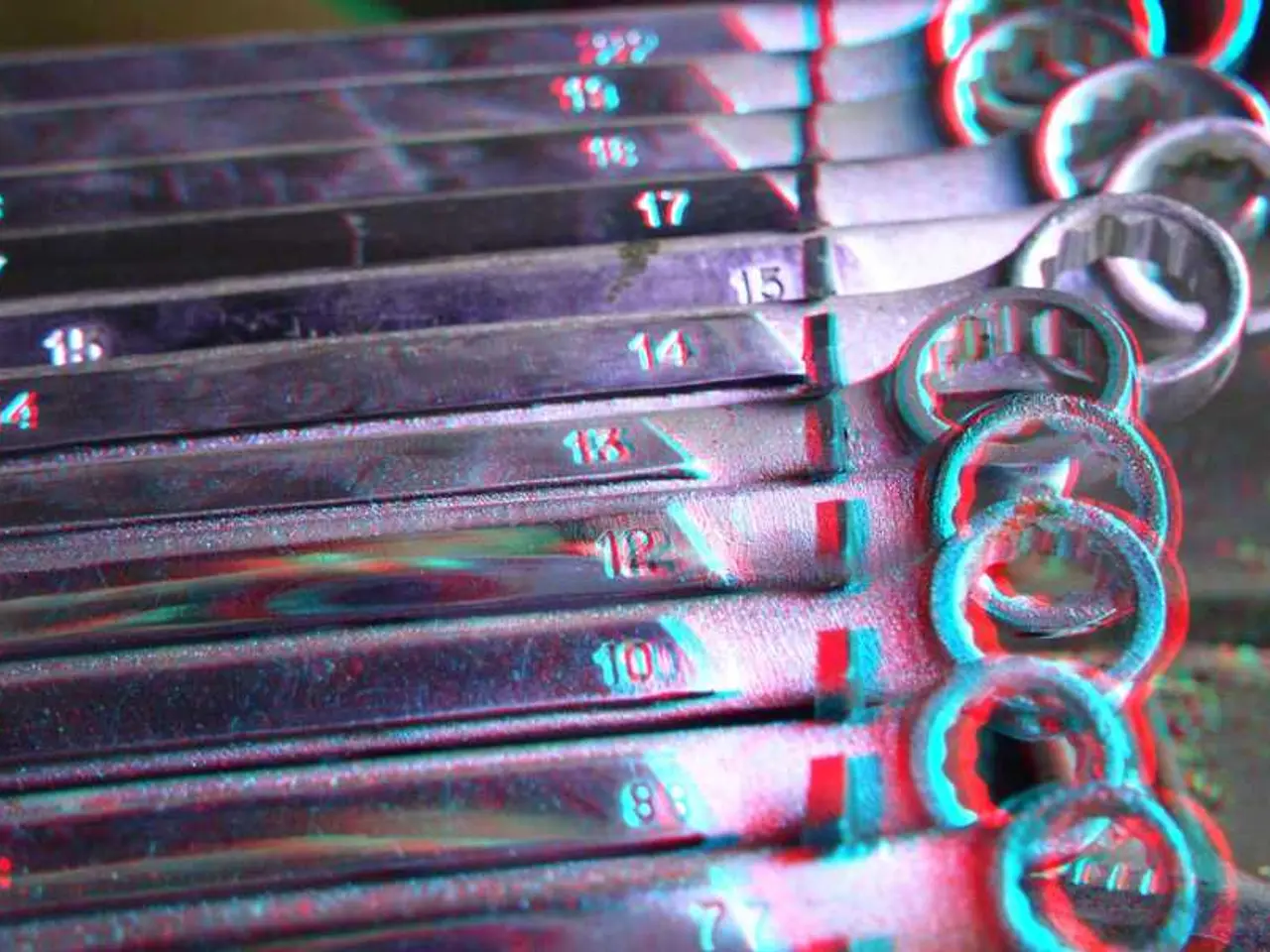Uncovering additional information in the phony diploma racket, leading to multiple detentions
Turkey's Fake Diploma Scandal Unveiled
A large-scale criminal network in Turkey has been exposed, producing and distributing thousands of counterfeit university and high school diplomas, as well as forged driver's licenses, by illegally accessing government databases and forging electronic signatures of senior officials from key institutions [2][3][4].
The network exploited hacked government e-signatures and created entire fake citizen profiles to insert fraudulent academic credentials into official systems, including e-Government (e-Devlet) and university records [1][4]. They even misused the identities of victims of the devastating 2023 earthquakes by replacing names of deceased lawyers on fake diplomas with those of paying clients [3][4].
Authorities arrested 37 suspects and placed nearly 200 others under judicial control after simultaneous operations across multiple provinces in early 2025; the investigation began with an internal audit at a university detecting unauthorized access and forged e-signatures [2][3][4]. The gang charged thousands of Turkish Liras per fake diploma—for example, one individual charged around 4,500 lira to work falsely as a psychologist [3].
The scandal has deeply affected public trust in various professions, as some individuals with counterfeit degrees have held or currently hold jobs as judges, doctors, police officers, academics (including associate professors, though this remains under investigation), and military officers [1][3]. The breadth of fake diplomas challenges the credibility of Turkey’s professional and governmental institutions, with officials describing the issue as a national security breach and a crisis of digital sovereignty [5].
The scandal also intensified scrutiny over President Recep Tayyip Erdoğan’s academic credentials, with opposition politicians citing the fake diploma revelations to question the validity of his own university degree—which is constitutionally required for presidential office in Turkey, though no original diploma has been publicly verified [1][5].
As investigations continue, confirmations regarding these cases will become clearer. The dismantled criminal network has caused significant damage to institutional trust and national security, highlighting the importance of securing digital systems and maintaining the integrity of official records.
- The exposure of the counterfeit diploma scandal in Turkey has raised concerns about the integrity of education-and-self-development institutions, as some individuals with fake degrees have held positions as academics, including associate professors.
- The crisis of digital sovereignty, intensified by the large-scale production and distribution of fake diplomas, has expanded beyond the realm of general-news to become a matter of crime-and-justice, with officials describing it as a national security breach.




